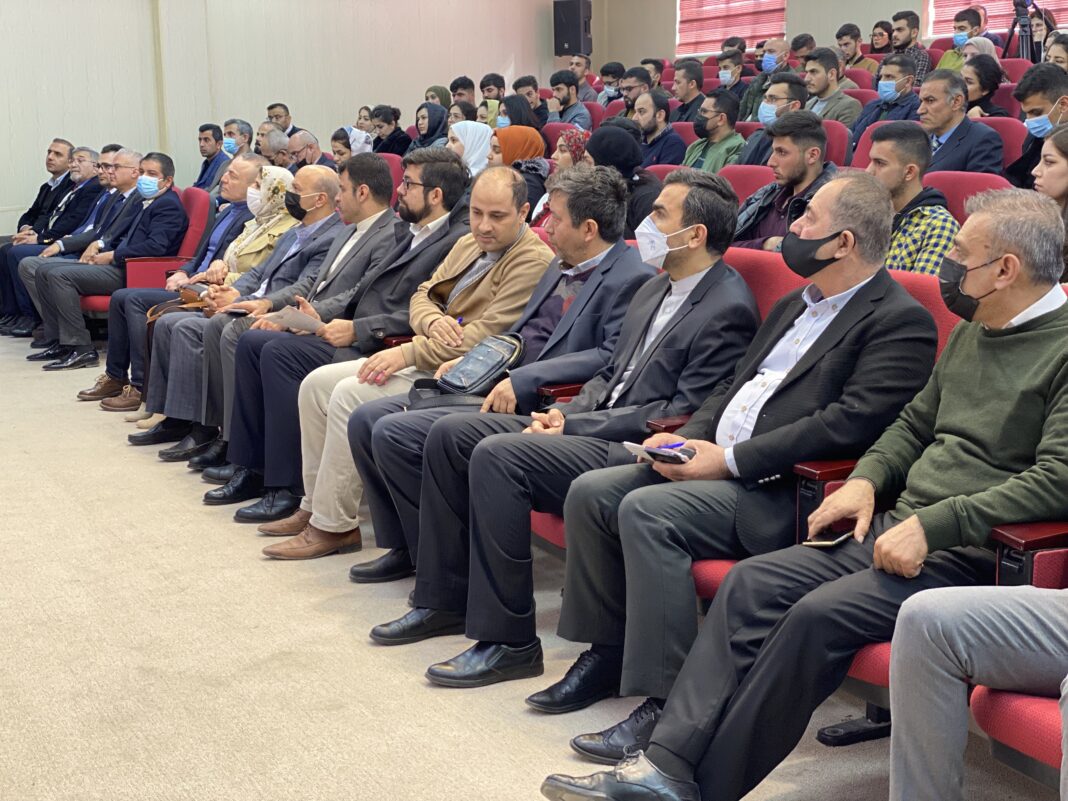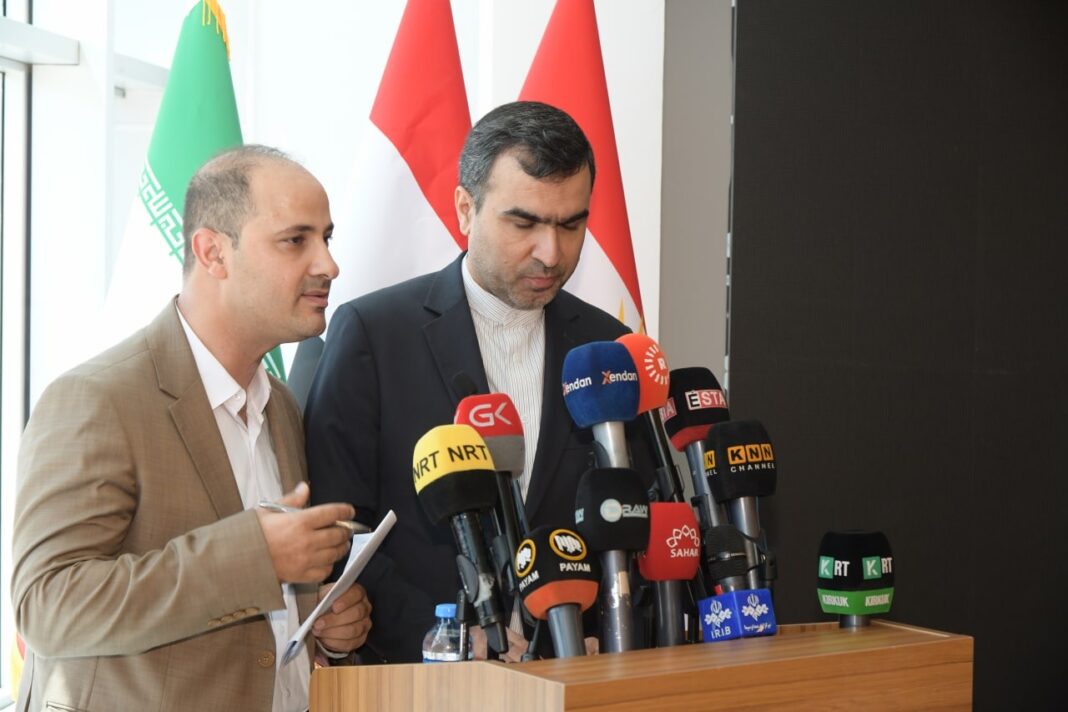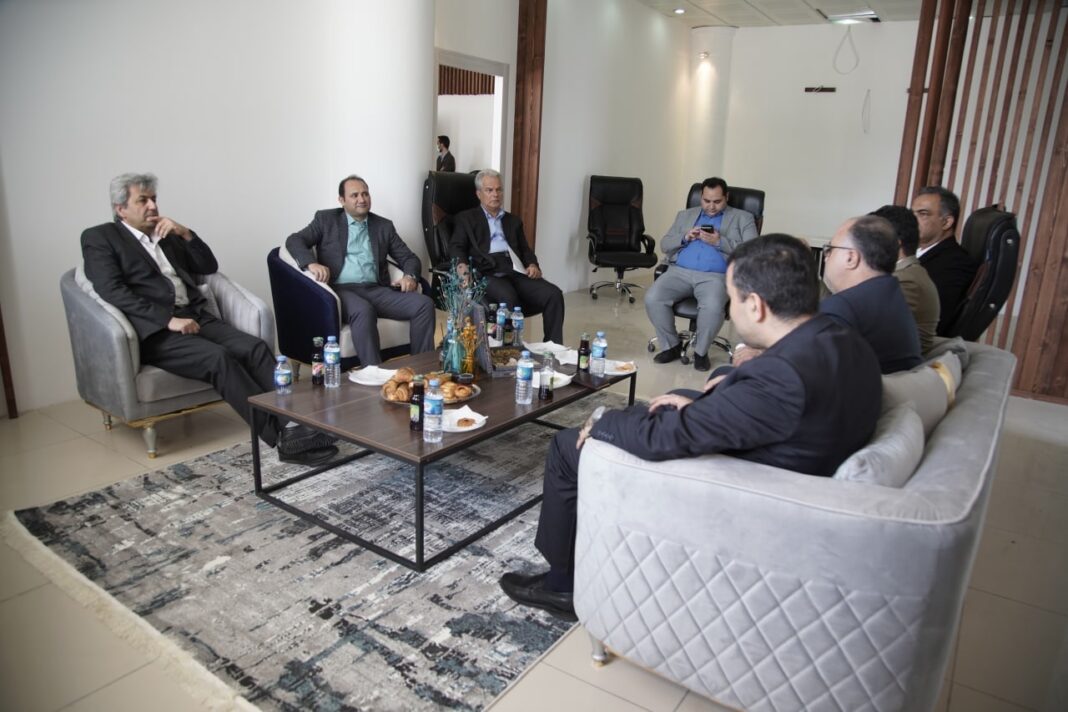1. Special Reports as a Business Tool
For businesses and investors, special reports act as a strategic tool for decision-making. They provide market analysis, consumer behavior insights, and regulatory updates, helping businesses adapt to changing economic conditions. These reports are particularly valuable for foreign investors seeking a comprehensive overview of the Kurdistan market.
2. Sector-Specific Analysis
Special reports often focus on specific industries, such as banking and finance, construction, retail, and energy. They highlight emerging opportunities, competitive landscapes, and investment risks, allowing businesses to plan their expansion strategies. Real estate and infrastructure reports, for instance, help developers assess market demand and future growth potential.

3. Risk Assessment and Market Challenges
A key function of special reports is identifying risks and challenges in the market. These include regulatory uncertainties, security concerns, currency fluctuations, and trade barriers. By offering a realistic outlook, reports enable businesses to mitigate risks and develop contingency plans for long-term success.

4. Government and Policy Insights
Special reports often analyze government policies, investment regulations, and trade agreements that impact businesses. Investors rely on these reports to understand tax incentives, legal frameworks, and public-private partnership opportunities. Transparent and well-researched policy reports can boost investor confidence in the region.
5. Expanding Access to Business Intelligence
As the business environment in Kurdistan grows, access to high-quality special reports and research publications will become increasingly important. Encouraging collaborations between research firms, universities, and business associations can improve the quality and accessibility of such reports. The future of business intelligence in Kurdistan depends on continued investment in data-driven research and analysis.





